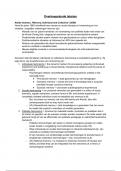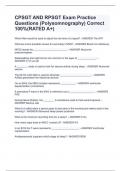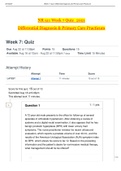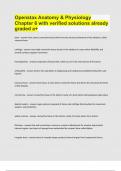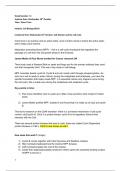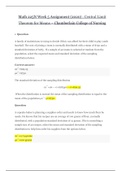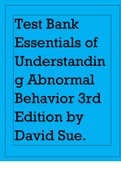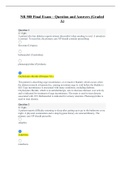Samenvatting
Geschiedenis in Publieke Debatten samenvatting teksten + aantekeningen hoorcolleges
Dit document bevat alle benodigde informatie om het vak Geschiedenis in Publieke Debatten, gegeven aan de UvA in het 2e jaar van de BA Geschiedenis, succesvol te doorlopen. Het gaat om aantekeningen van de hoorcolleges en samenvattingen van de verplichte bijbehorende teksten. Met behulp van dit doc...
[Meer zien]
